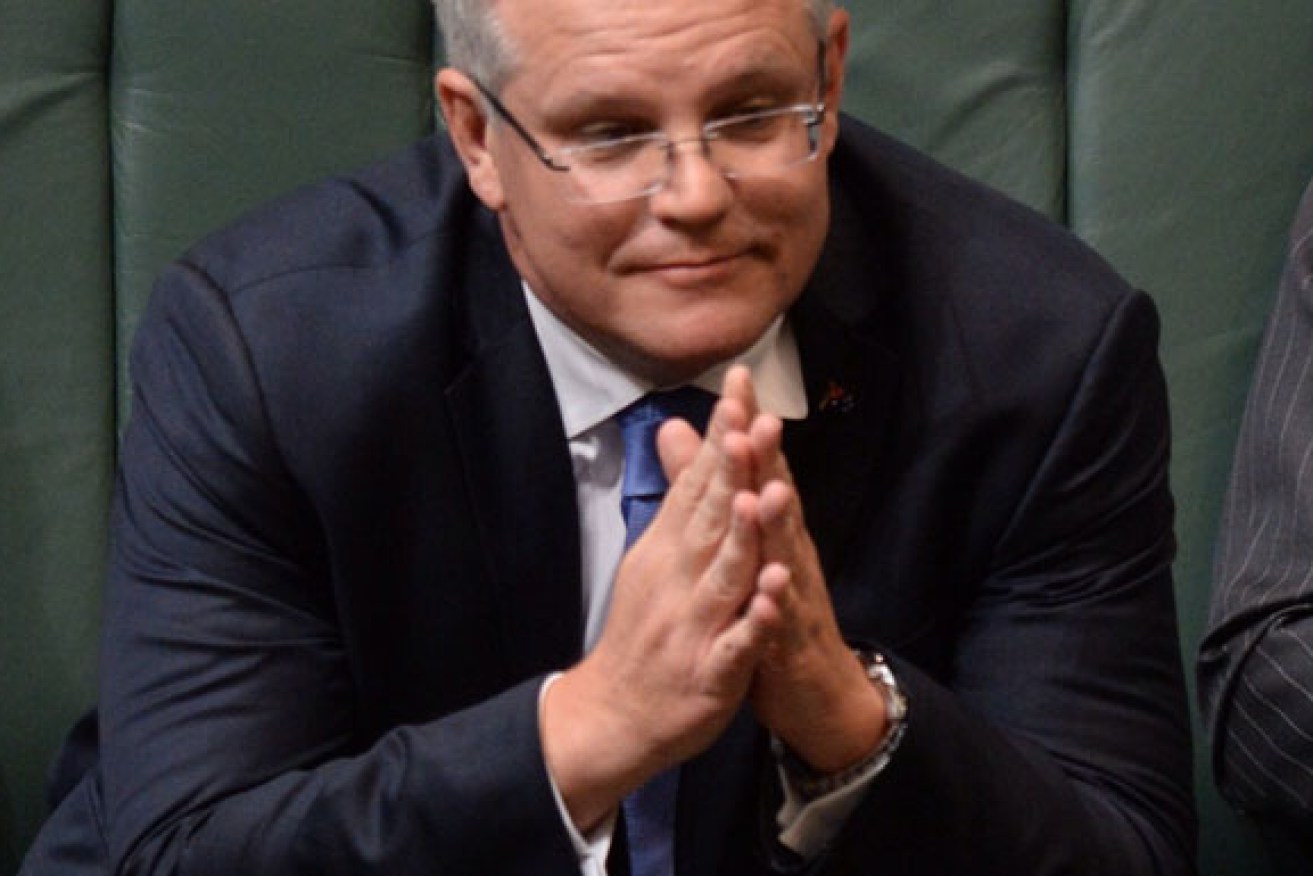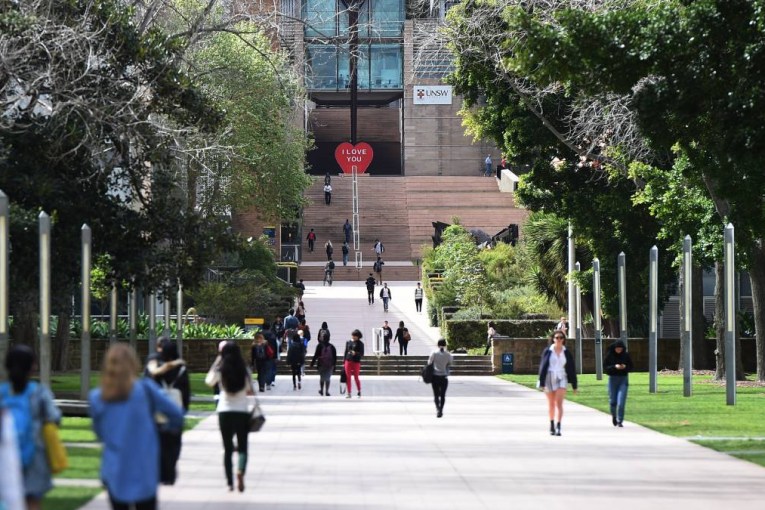‘Savage’ start to new year for those on welfare

While employed Australians nurse a hangover, those without work face a “savage” start to the new year, a welfare group has warned.
From January 1, those applying for the disability pension will have to be assessed by a government-contracted doctor instead of their own GP.
If the government doctor finds they’re not completely unable to work they could be put on the dole instead – which is about $160 a week less.
• What Scott Morrison should do in his new portfolio
• Conservatives changes tune on Tony Abbott
• Older workers face jobless future
The government is also cracking down on the amount of time those on the disability pension can spend overseas before losing their payments.
In 2015, disability payments can be stopped four weeks after a person goes abroad, instead of the previous six weeks.
The government says the changes will help address the so-called budget crisis, but welfare groups are strongly opposed.
Newly-appointed Social Services Minister Scott Morrison has pledged to diminish the number of Australians receiving unemployment payments.
“Getting as many Australians as are able off welfare and into work will be one of my core goals,” Mr Morrison said.

Those applying for the disability pension will be assessed by a government-contracted doctor instead of their own GP.
ACOSS, the peak body representing those affected by poverty and inequality, tells The New Daily there is no evidence that those on the disability pension deliberately shop around for ‘soft’ GPs in order to rort the system.
Instead of fixing a legitimate problem, ACOSS chief executive Cassandra Goldie says the end result will be a modest budget saving at the expense of greater poverty among those with disabilities who are already doing their best to find work in a “really tough” and discriminatory job market.
“We need a proper job strategy to open up job opportunities to reduce discrimination against people with disability and we would like to see the Commonwealth lead that charge,” Ms Goldie says.
Anyone wanting to get Newstart, sickness, widow or youth allowances, or parenting payments will also have to wait an extra week before receiving their money.
And if those on the dole miss an appointment without a good reason, their payments will be suspended until they attend a rescheduled appointment.
The government says more than a third of job seeker appointments were missed in the past year.
But the new year crackdown is not targeted exclusively at the unemployed.
The schoolkids bonus, temporarily saved as part of a Senate deal to pass the mining tax repeal, will be means tested in 2015.

The schoolkids bonus will be means-tested.
Only families on less than $100,000 a year will get the $422 payment for primary or $842 for secondary students.
All of these changes were the result of a review conducted last year by the previous Social Services Minister Kevin Andrews.
His replacement, Mr Morrison, who took on the portfolio in a cabinet reshuffle in late December, has flagged further welfare cuts, which he claims are necessary to fund the national disability insurance scheme (NDIS).
Opposition disability reform spokeswoman Jenny Macklin has denied that the scheme is underfunded, and has described the minister’s attempt to link welfare cuts to the NDIS as “disgusting” and “cynical”.
But the new year doesn’t bring all gloom and taxes.
The Commonwealth is giving states an extra $406 million to continue universal access to preschool for another year.
It’s starting a new program to give free flu vaccinations to indigenous children aged under five, at a cost of almost $4 million, and offering bursaries to young carers so they can concentrate on study instead of having to find part-time work.
One of the big-ticket industry items announced in the May budget also starts up on January 1: a $476 million skills fund.
Small and medium-sized businesses will be able to get money from the fund to provide training or mentoring support to their staff.
The government is planning to spend an extra $8 million on anti-people smuggling ads – including in Australia.
On the sporting fields, January 1 brings changes to the ASADA act in accordance with the new World Anti-Doping Code, which has stronger penalties for drug users but also offers them a chance to plea bargain.
Australian sportspeople will be unable to associate with anyone in a professional capacity who has been banned, convicted or disciplined by any doping body.
– with AAP







